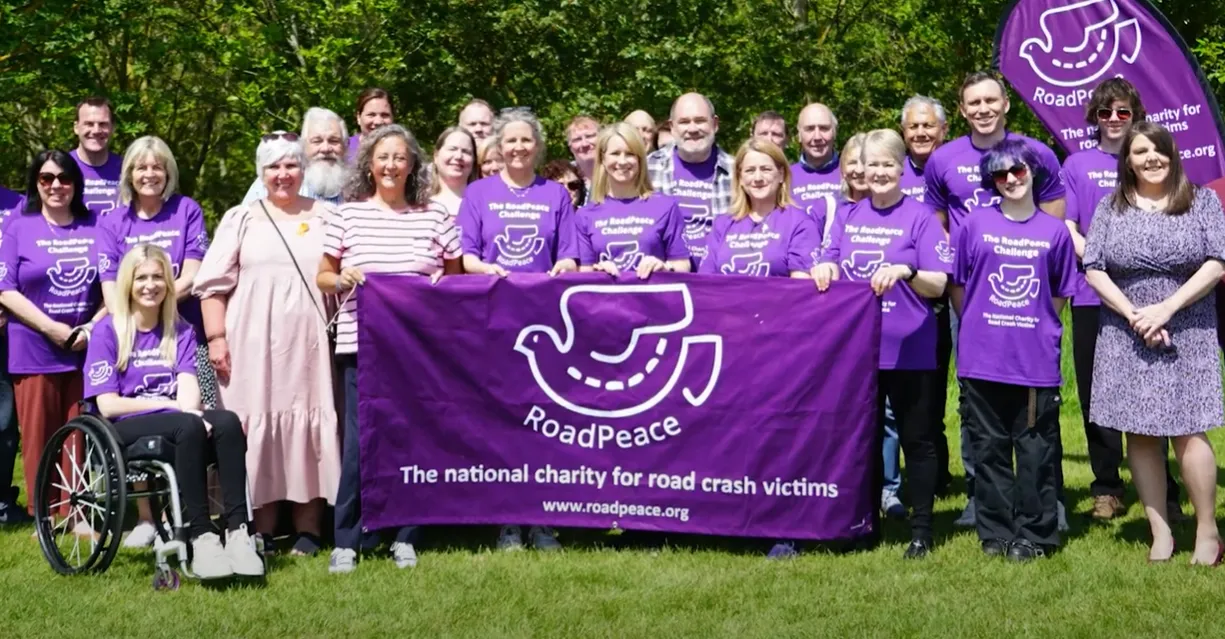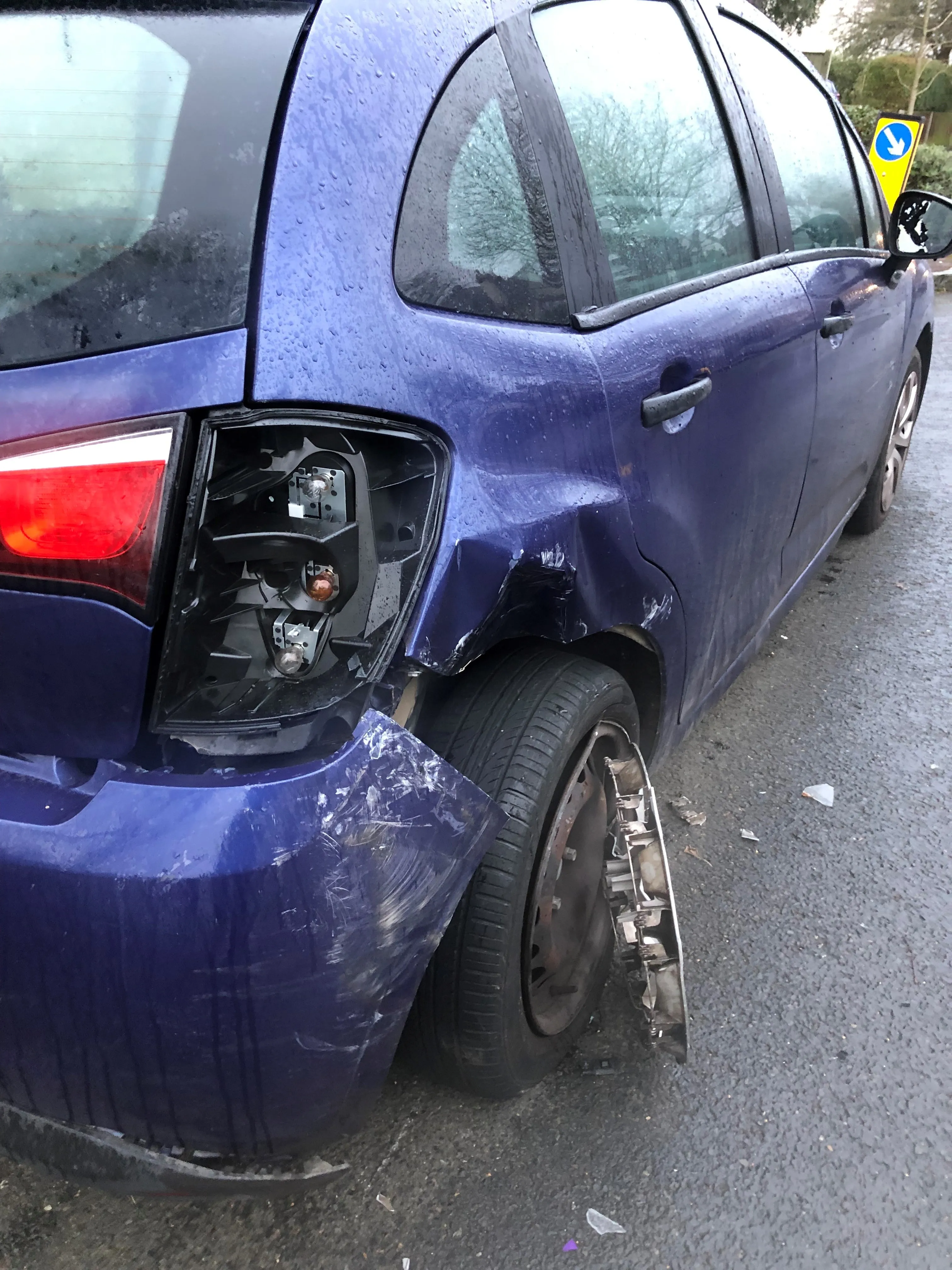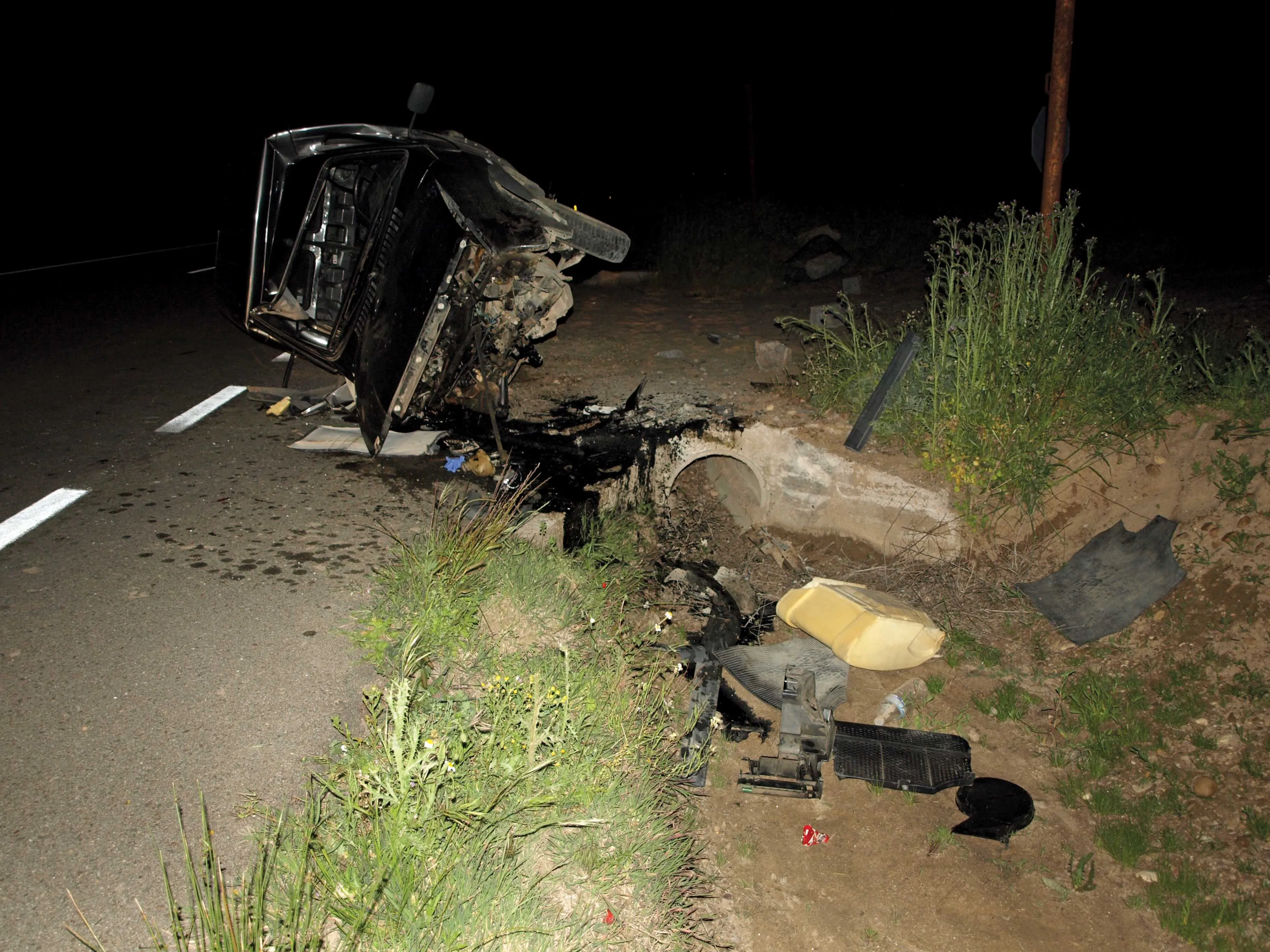
The event, which is now in its fourth year, has already raised more than £120,000 for RoadPeace, as well as considerable public awareness about road harm. RoadPeace provides support to people bereaved or seriously injured in road crashes, and engages in evidence-based policy and campaigning work to fight for justice for victims.
The charity’s recent campaigns include calls to Fix Our Broken Justice System and supporting bereaved parents who are calling for Graduated Driving Licensing to be introduced in the UK. The plans for this year’s RoadPeace Challenge will be unveiled at an online launch meeting at 11am on Wednesday February 7, 2024. To book your place at the online event please register here: RoadPeace Challenge Launch Event Registration.
The Challenge is giving supporters the opportunity to stand shoulder to shoulder with road crash victims and bereaved families and make a united stand against road death and injury. There will also be a range of sponsorship opportunities available, allowing companies - particularly those that use our road networks as part of their business - to publicly demonstrate their commitment to reducing road harm.
Rebecca Morris, Head of Communications, at RoadPeace, the national charity for road crash victims, said: “It is easier than ever to get involved in the RoadPeace Challenge this year and to make a difference. From members of the emergency services to schools, businesses and communities, we’re urging as many people as possible to take part.
“Please join us for our online launch event to find out about our exciting plans for this year’s event.”
More information about the RoadPeace Challenge can be found here. Rebecca added: “Every day, on average, around five people die and hundreds more are injured in collisions on our roads, destroying families and changing lives forever. “Road crashes should not be tolerated as the inevitable cost of motorisation. No matter how we choose to travel, we all have a duty to be safe and responsible road users.”








